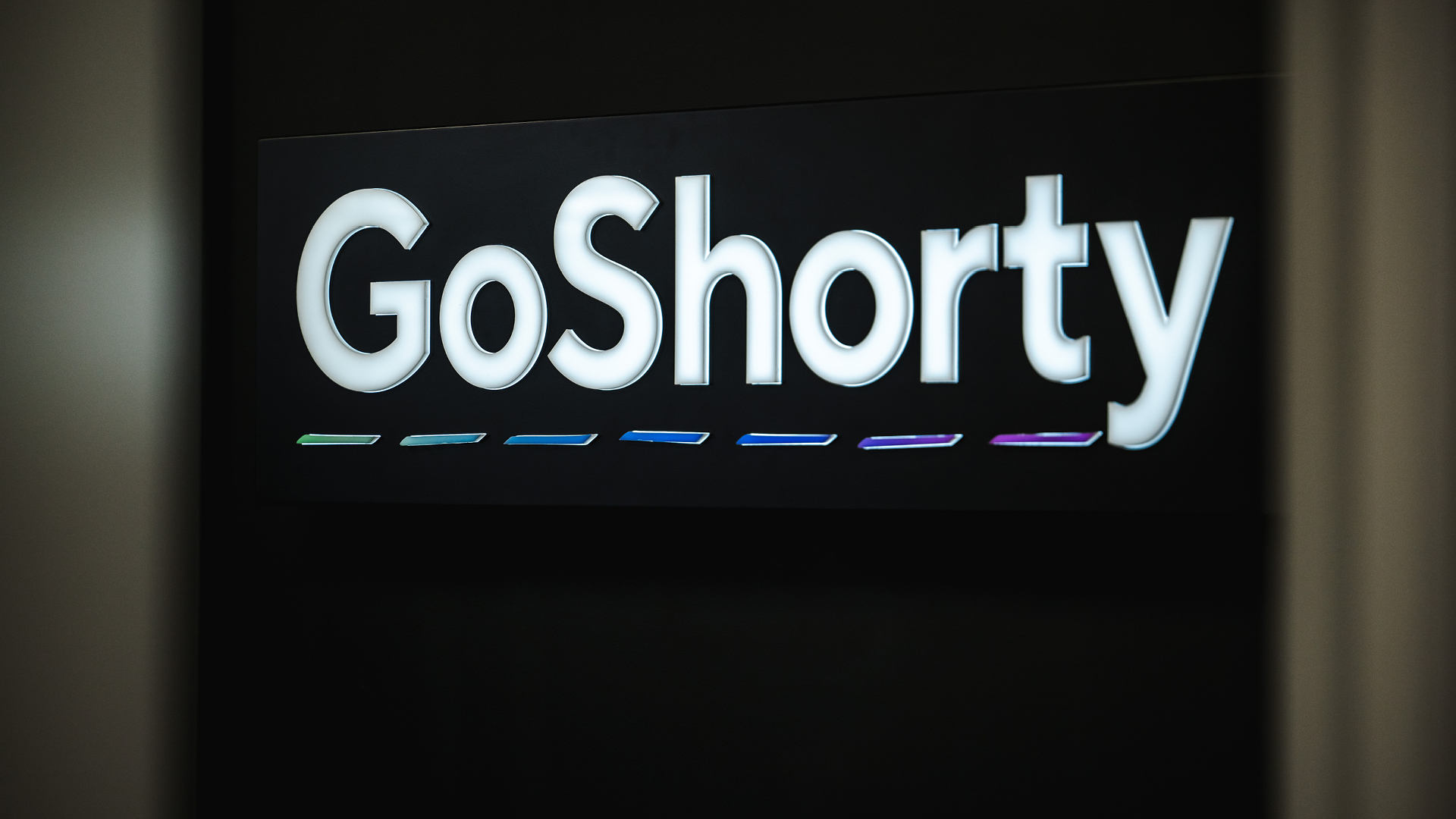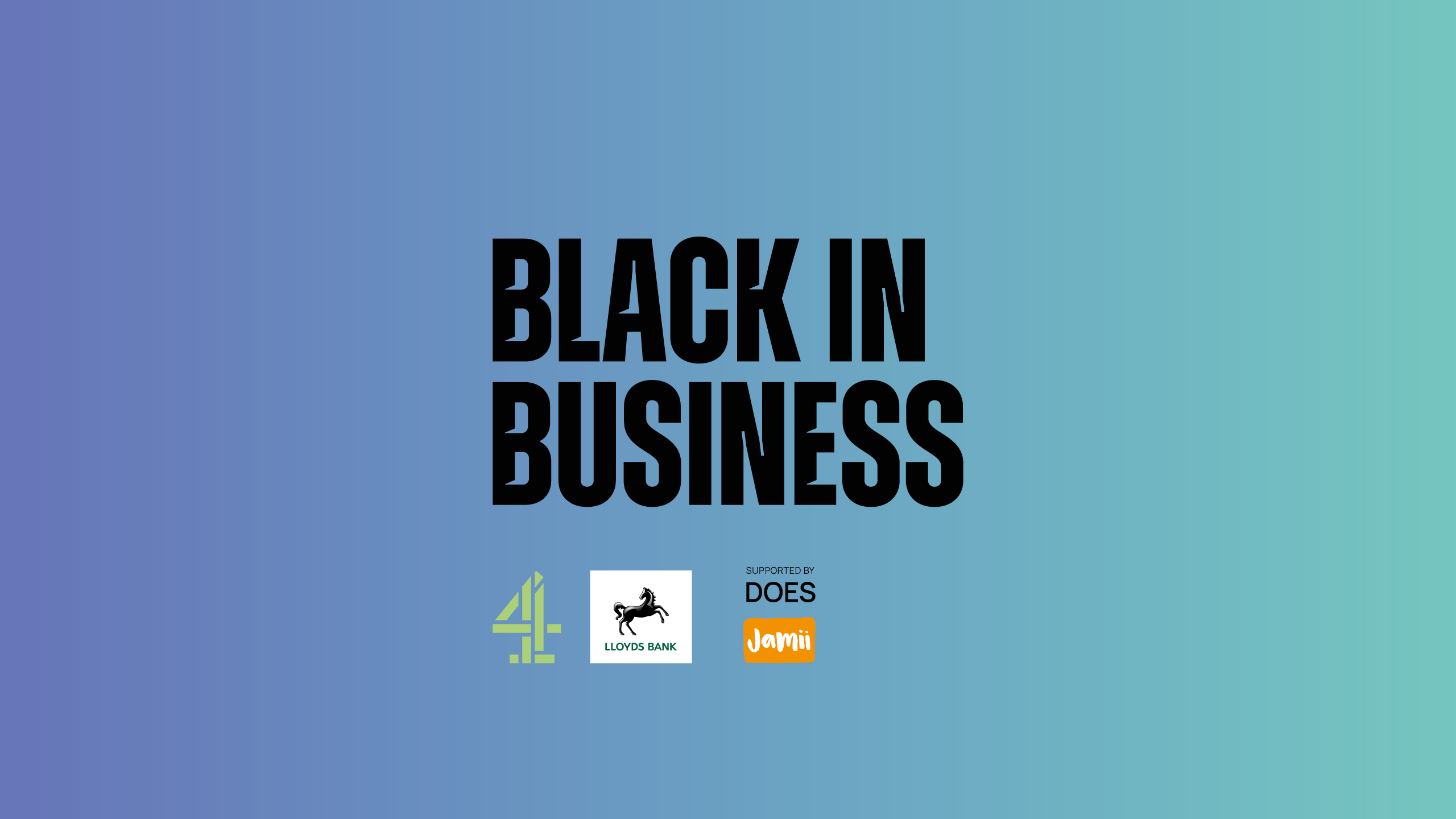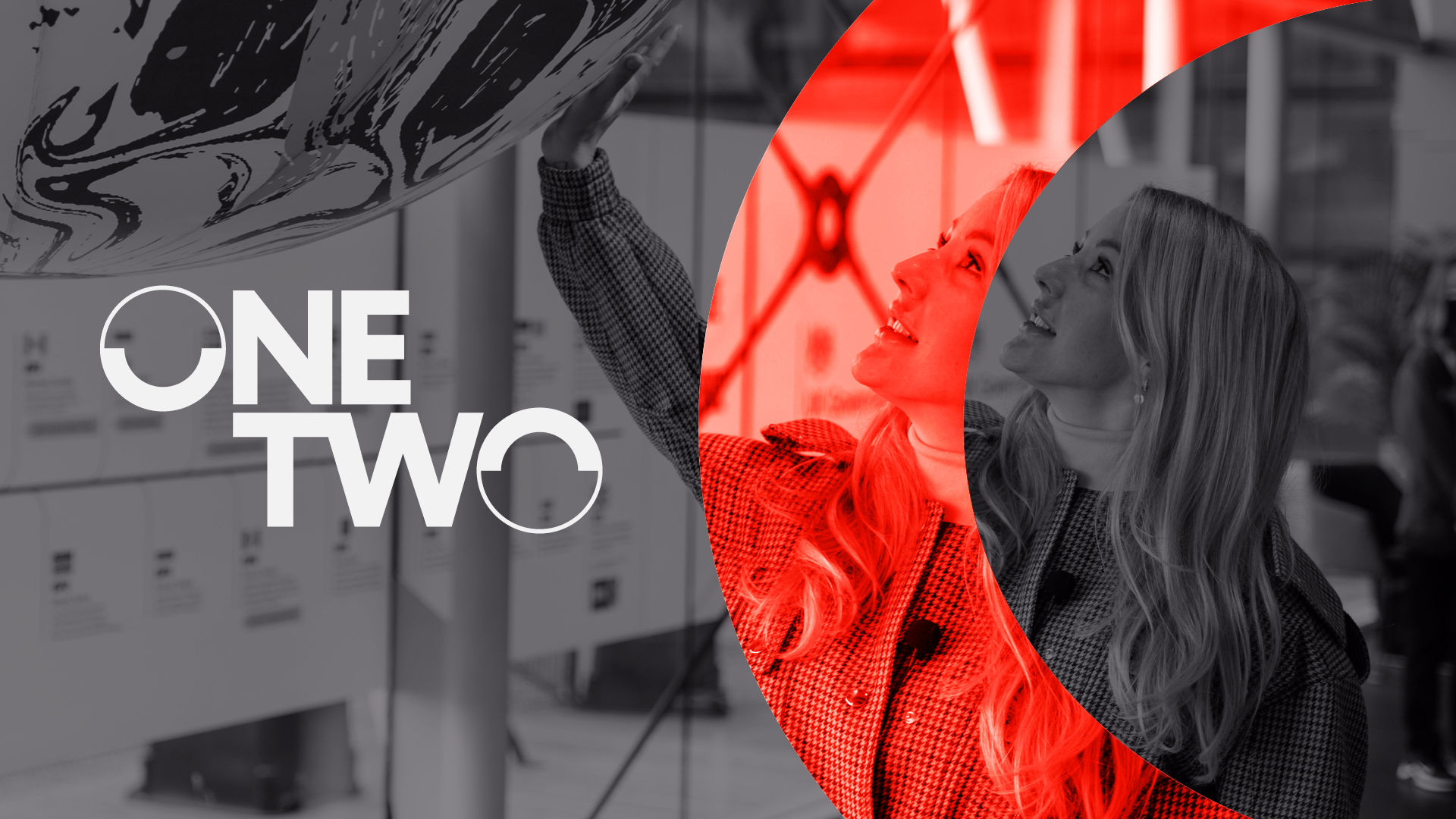This International Women’s Day, a story on the advertising, media and marketing title Campaign captured our attention.
A series of bold, entirely text-based posters, which form the visuals of a campaign titled “Imagine”, drew us in to the story, which discussed unconscious gender bias.
“imagine a CEO.”, led one poster, using words to create an immediate picture in our minds (and in the majority of others, apparently), and finished with “is it a man?”, second guessing the gender of the image that sprung to our minds.
Further posters ask us to imagine other roles and the likely gender of the people that undertook them, as well as scenarios such as “someone crying in the office. is it a woman?”.
CPB London, the advertising agency behind this clever campaign, used the power of words to create a mental picture to draw out our own gender biases and highlight how many of us are still affected by this – despite what we’d like to think.


What’s even more interesting is the research that sits behind the campaign.
Using another effective communication tool – a survey – talking to 1,000 parents of children aged 5-11 and 1,000 children in that age group, they discovered that 60% of children believed a plumber or an electrician was a man’s job, and almost half (46%) said men make better engineers and 45% thought nurses were always women.
This is not surprising in many ways; women are well underrepresented in a variety of roles.
In the creative industry, we know that only 12% of Creative Directors in the UK are women, and in the PR and Communications sector – despite 70% of the workforce being female – only 30% hold c-suite positions.
So how does this change? The Imagine campaign aims to challenge our unconscious bias and get people talking for a start. We think it worked.
The campaign is supported by the creation of a children’s colouring book that asks children to draw what they imagine when they read the poster headlines. Without focusing on right or wrong, it simply aims to question our beliefs and start that conversation early; with money raised going to Beyond Equality and Young Women’s Trust to help create a better and more diverse future.
The more we raise awareness of these deep-rooted beliefs that hold women back, the closer we are to changing behaviours – turning all our collective words into action. Hire women, invest in women, pay women, promote women, so that our children see women represented equally and young women are inspired by what is possible.
Imagine.
See the full story on Campaign and read more on Creative Boom.




